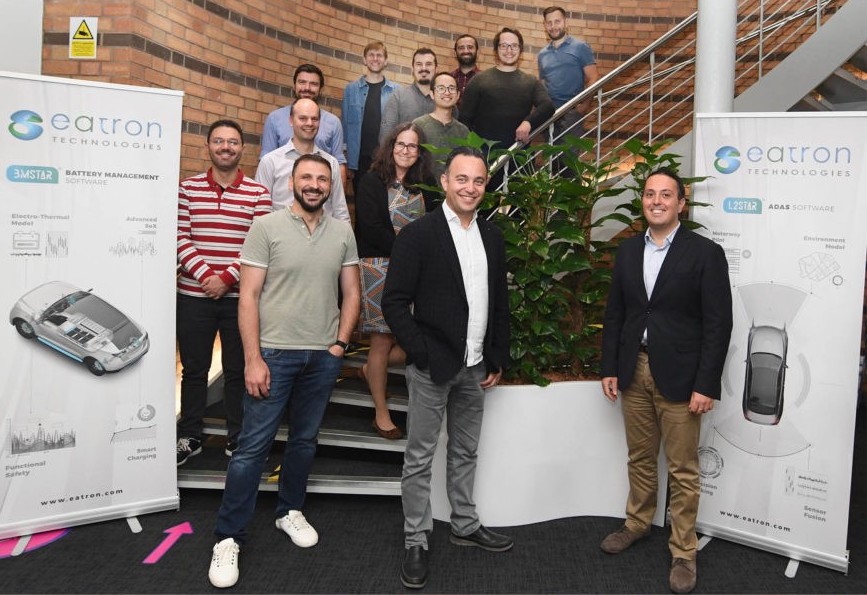
The softwarization of the car is on the way
The ACES (Autonomous, Connected, Electric, Shared) trend in automotive has accelerated the ‘softwarization’ of the car. In particular, Electric Vehicles, now an accelerating trend embraced recently by most OEMs, is paving the way for software-defined vehicles to become the norm due to batteries showing that good software management can actually bring more performance or life-time than costly hardware innovation.
This move towards both electrification and software-defined is a fundamentally challenging shift for OEMs, having to fight two fronts at the same time, each of them being difficult and requiring a completely different set of skillsets. Most traditional OEMs and Tier 1 suppliers today do not have the resources and know-how in-house to develop every feature needed to compete in a market that is being rapidly disrupted by players such as Tesla and challenger OEMs such as NIO. Electrified and autonomous cars require significantly more software than traditional ICE vehicles – when looking at EVs for instance, a key component is the battery (it directly impacts the TCO, environmental impact and competitiveness of the car), and the BMS can hence be a critical component of differentiation for OEMs.
Given their lack of expertise in these new and complex technologies, OEMs will look to have a more collaborative approach towards sourcing hardware and software for upcoming vehicle models. There is space in the market, therefore, for software players that can help OEMs along the value chain improve the competitiveness of their cars and components via a fast route to market. Consequently, we can imagine a future where automotive software applications deployed on the cloud and on the edge are provided as standard, hardware agnostic offerings while OEMs maintain their competitive advantage on the hardware side.
However, this new opportunity for software-driven entrants comes with a caveat – automotive software has stringent regulatory, security and safety requirements, which is why several software-driven startups in the market struggle to move to the production phase with OEMs despite having unique and promising approaches.
Eatron is deploying automotive grade BMS and ADAS
Eatron’s software modules enable modular, hardware independent electrification and autonomy for ‘anything that moves and is battery powered’.
Eatron’s core products have strong synergies in the back end as they were built on the same building blocks with AI models layered on top of physic-based deterministic models, allowing them to leverage explainability (critical to become automotive grade), high performance especially on edge cases and strong data network effects. This has enabled Eatron to show promising traction with OEMs and system integrators. For the OEM, Eatron’s modular platform offers greater flexibility, lower costs, faster time to market and continuous improvements over the lifetime of the vehicle.
We believe that Eatron’s pragmatic approach, marked by concrete commercial and production milestones that they are expected to achieve in the short-term, positions them well to capture significant early market share within the BMS and ADAS (for premium automotive OEMs, logistics and micro-mobility) segments.
Eatron is led by a stellar team focused on quality and execution
We are very proud to back the three co-founders of Eatron and have been impressed by their vast experience within the field and their ability to execute rapidly since day one.
Umut was the founder and managing director of AVL Turkey where he built, grew and managed two R&D centers – his extensive experience in engineering spans 20 years in the field of controls, software, calibration and e-drive development for automotive critical systems. Can has 15+ years of experience in controls and estimation systems development, and software development in automotive and aerospace. He also has 10+ years of experience in battery and BMS serial production programs. Amedeo has a mixed skillset of business development, management and engineering developed across roles at AVL, Ford, Fiat Group and Ducati which reflect in Eatron’s stellar commercial performance to date.
With their razor-sharp focus and vision to disrupt the BMS and ADAS for automotive markets, the team has a great opportunity in front of them: to be the go-to supplier for electrified and autonomous system software.
